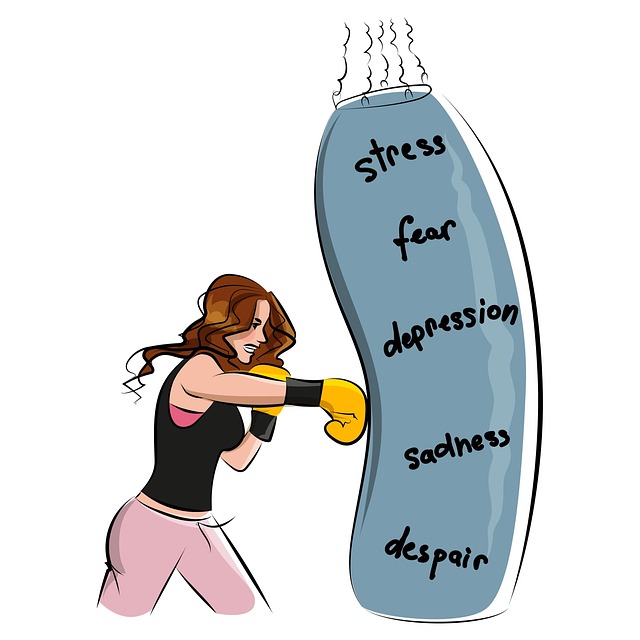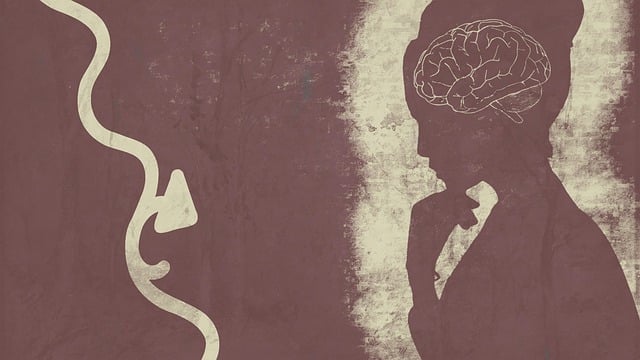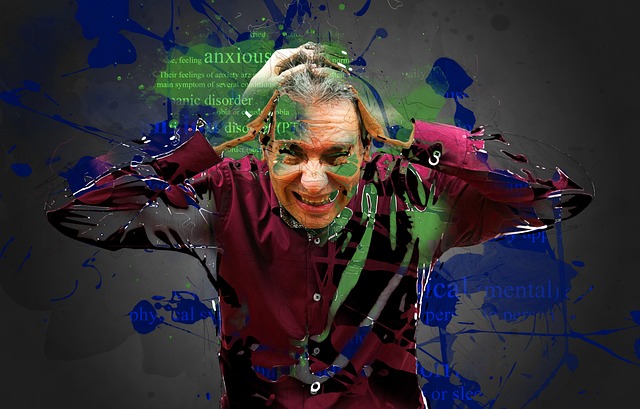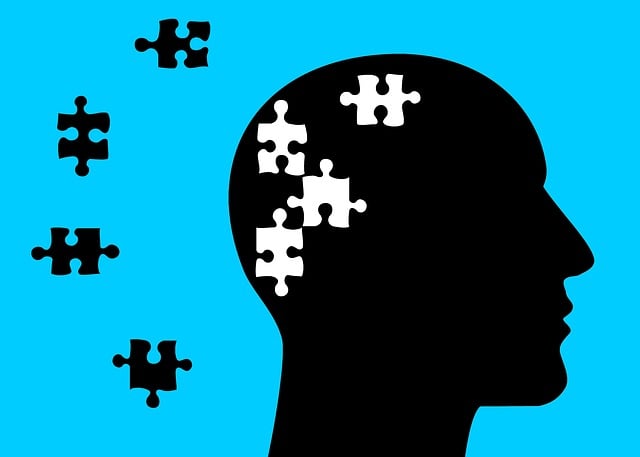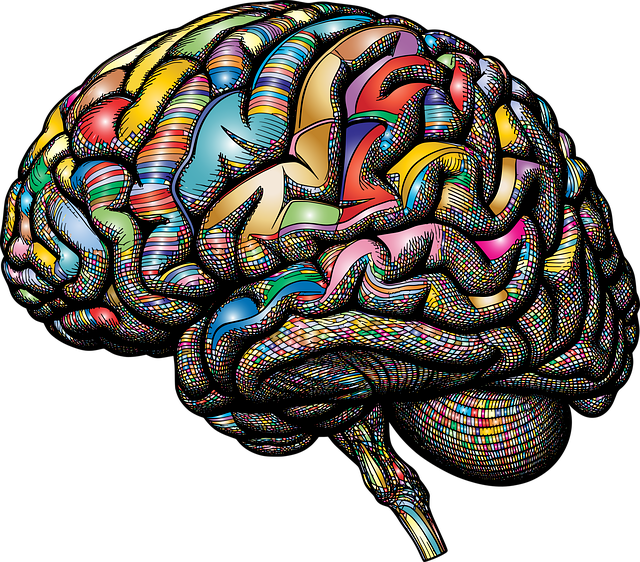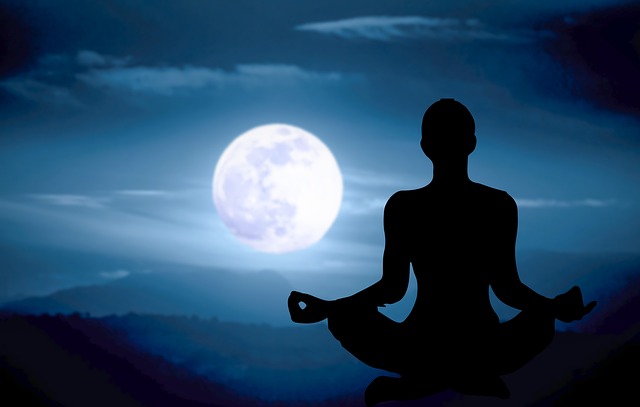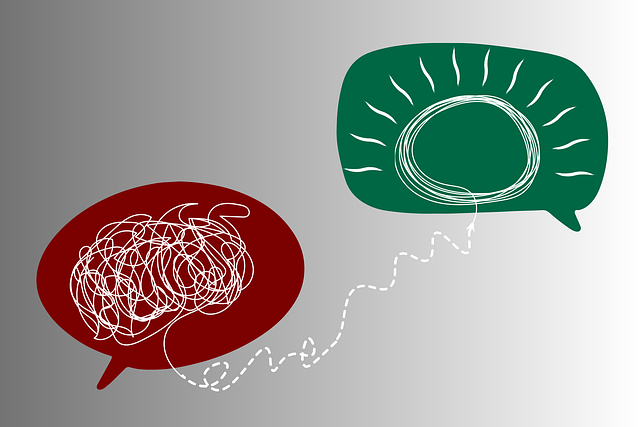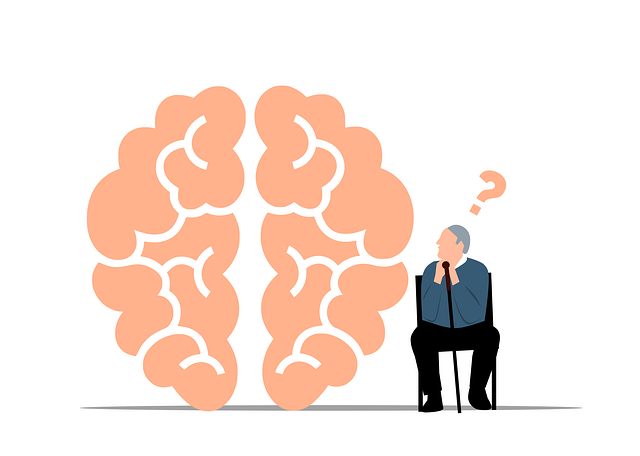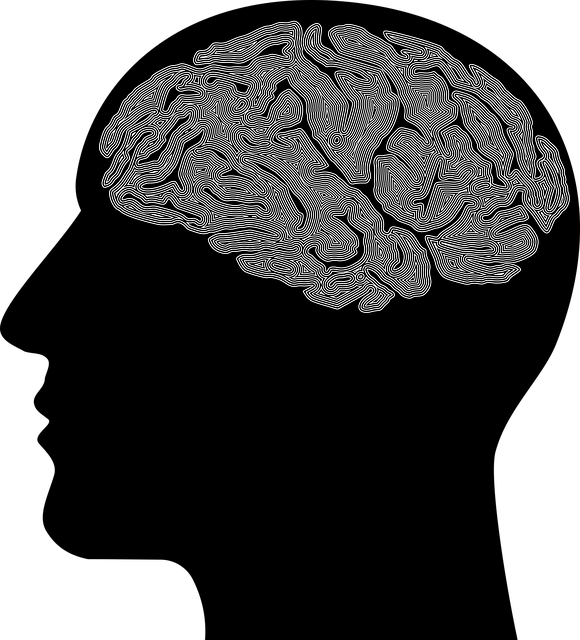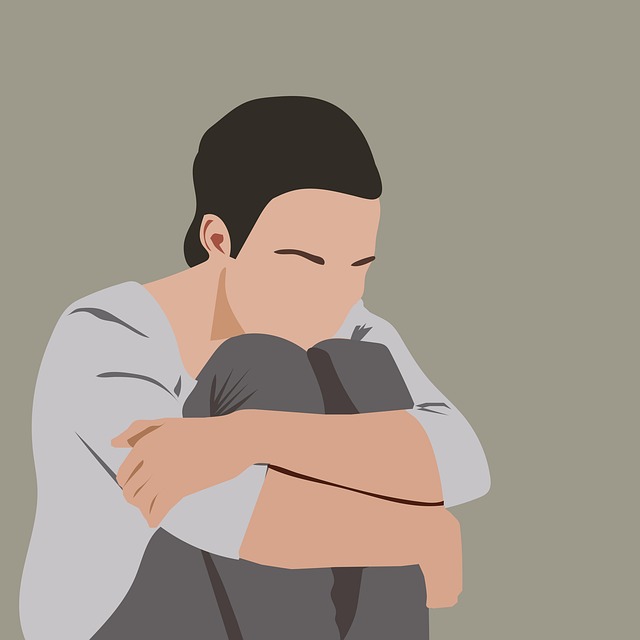Maintaining mental wellness is crucial for elderly individuals aging gracefully, addressing emotional, psychological, and social aspects. Elderly faces unique challenges like isolation, loss, chronic illnesses, or cognitive decline that can lead to alcohol abuse. Effective therapy tailored to elders' needs, crisis intervention guidance, and burnout prevention strategies empower caregivers to offer sustained support. Cultural competency training ensures sensitive care for the diverse elderly population. Recognizing red flags of alcohol abuse in older adults is vital due to unique physiological and social factors. Early intervention through holistic approaches, targeted training, and mental health education maintains overall wellness and quality of life. Personalized self-care routines involving physical activities and creative pursuits combat isolation and depression. Incorporating therapy for elders' alcohol abuse prevents burnout and fosters resilience through public awareness campaigns destigmatizing therapy.
In today’s fast-paced world, prioritizing mental wellness is paramount, especially for elders. Understanding and addressing mental health issues among seniors is crucial due to their unique challenges. This article explores the significance of mental wellness in older adults and delves into identifying alcohol abuse, a common yet often overlooked problem. We provide practical guidance on crafting a comprehensive self-care routine tailored to enhance mental well-being, including strategies to combat alcohol abuse, emphasizing the importance of therapy for elders’ overall health and happiness.
- Understanding Mental Wellness and Its Significance for Elders
- Identifying Alcohol Abuse in Older Adults: Recognizing the Red Flags
- Crafting a Comprehensive Self-Care Routine for Improved Mental Health
Understanding Mental Wellness and Its Significance for Elders

Maintaining mental wellness is a crucial aspect of aging gracefully for elders. It involves recognizing and managing emotional, psychological, and social well-being, which can significantly impact their overall quality of life. Elderly individuals often face unique challenges that may contribute to mental health issues, such as isolation, loss of loved ones, chronic illnesses, or cognitive decline. Understanding these factors is essential for healthcare providers who aim to offer tailored support and guidance.
The significance of addressing mental wellness cannot be overstated, especially in relation to issues like alcohol abuse, which is more prevalent among older adults. Effective therapy for elders can help them navigate through these struggles and promote better coping mechanisms. Crisis intervention guidance and burnout prevention strategies are vital tools for caregivers and healthcare providers to ensure they can offer sustained support without compromising their well-being. Additionally, enhancing cultural competency training for healthcare providers is key to delivering sensitive and effective care tailored to the diverse needs of elderly populations.
Identifying Alcohol Abuse in Older Adults: Recognizing the Red Flags

Recognizing alcohol abuse in older adults is a crucial step in providing the necessary support and therapy for elders facing this issue. As people age, their bodies process alcohol differently, making what might have been a safe drinking limit in younger years potentially harmful later on. This, coupled with the fact that social isolation, chronic health conditions, and mental health issues are more prevalent in older adults, can contribute to an increased risk of problem drinking.
Red flags to look out for include significant changes in behavior or mood, such as irritability, depression, or anxiety, which may be linked to alcohol consumption. Increased social withdrawal, neglect of personal hygiene, and unusual changes in appetite or sleeping patterns could also indicate underlying alcohol abuse. It’s essential to consider the individual’s medical history, as co-occurring physical health issues and substance use disorders are not uncommon. Burnout prevention is key; if left unaddressed, problem drinking can escalate, leading to severe consequences for overall mental wellness and quality of life. Social skills training and mental health education programs designed specifically for older adults can play a vital role in both recognizing these red flags and promoting healthier coping mechanisms.
Crafting a Comprehensive Self-Care Routine for Improved Mental Health

Crafting a comprehensive self-care routine is an essential step toward enhancing mental wellness, especially for elders who may be at a higher risk of experiencing isolation and depression. A well-rounded approach to self-care involves integrating various practices tailored to individual needs. This could include physical activities like gentle yoga or walking, which have been shown to reduce stress and improve mood. Additionally, engaging in creative outlets such as painting or writing can offer therapeutic benefits and serve as a form of mindfulness.
Incorporating mental health support into the routine is equally vital. Given that therapy has proven effective for preventing burnout and managing conditions like alcohol abuse, elders should consider seeking professional help if needed. Public awareness campaigns play a crucial role in encouraging open conversations about mental health, destigmatizing therapy, and promoting resources available to seniors. Adhering to the mind-over-matter principles can empower individuals to take control of their well-being, fostering resilience and a positive mindset.
Mental wellness is an essential aspect of aging gracefully, and developing a self-care routine tailored to older adults’ unique needs is crucial. By recognizing the signs of alcohol abuse, as discussed in this article, we can better support our elderly loved ones. Combining evidence-based practices, such as therapy for elders, with comprehensive self-care routines can significantly improve mental health outcomes. It’s time to prioritize mental wellness and foster healthier, happier lives for our seniors.
